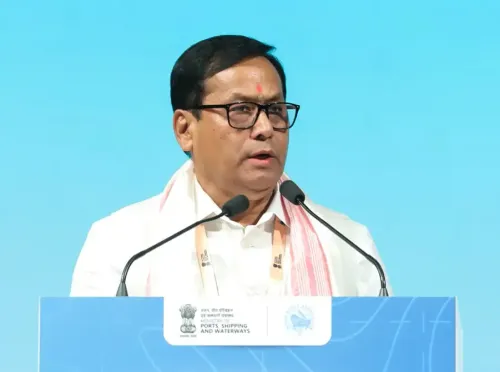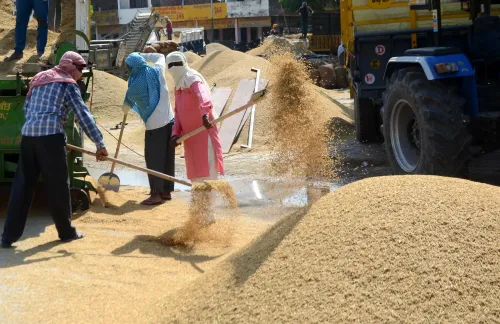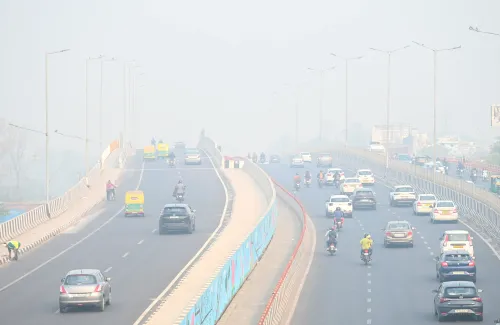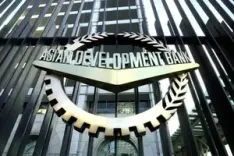What Actions is NHRC Taking Regarding Deaths from Food Poisoning in Telangana Gurukul Schools?
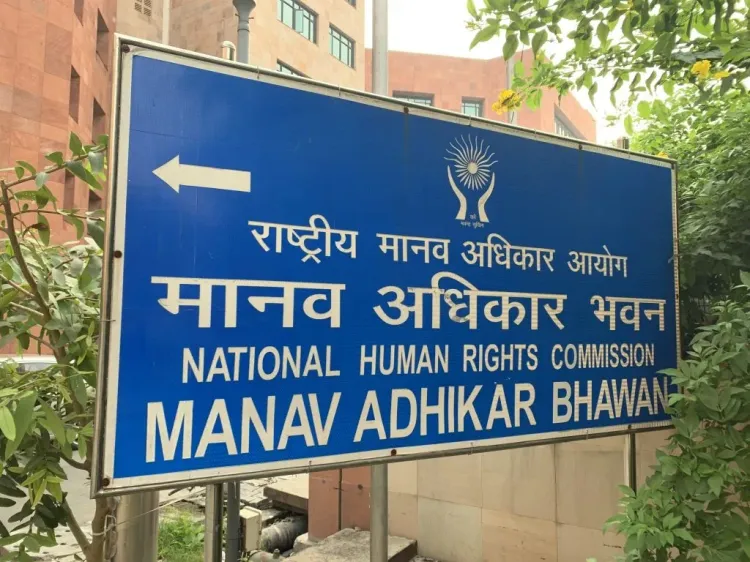
Synopsis
Key Takeaways
- NHRC is investigating the deaths of 48 students in Telangana.
- 886 incidents of food poisoning reported in Gurukul schools.
- Secretaries of five societies directed to submit reports.
- NHRC emphasizes preventive measures for human rights.
- Collaboration with civil society is essential for human rights protection.
Hyderabad, July 29 (NationPress) The National Human Rights Commission (NHRC) has requested a detailed report within four weeks regarding the tragic deaths of approximately 48 students and 886 cases of food poisoning occurring in Gurukul (residential) schools across Telangana.
Secretaries from five societies operating these residential institutions for students belonging to Scheduled Castes, Scheduled Tribes, Backward Classes, and Minorities have been instructed to compile and submit the report.
This incident is part of 109 cases of human rights violations that the NHRC reviewed during its recent two-day ‘Open Hearing and Camp Sitting’, which concluded on Tuesday.
NHRC Chairperson, Justice Shri V. Ramasubramanian, along with Members Justice (Dr.) Bidyut Ranjan Sarangi and Vijaya Bharathi Sayani, listened to the cases in the presence of victims, complainants, and relevant officials.
In a separate case concerning the growing issue of stray dogs, presented by a fifth-grade student, the Commission instructed the authorities to formulate a Standard Operating Procedure (SOP) to tackle the problem.
Out of a recommended Rs. 49.65 lakh across nine cases, the Telangana government has disbursed Rs. 22.50 lakh, with a promise to pay the outstanding Rs. 27.15 lakh.
In a tragic incident involving a blast at a DRDO-affiliated rocket propellant facility, three families of the four deceased have received Rs. 50 lakh as compensation, and the Commission has mandated relief for the remaining family.
In a case of wrongful arrest and police brutality, the NHRC has directed the state government to provide all pertinent documents, including environmental clearances and consent for establishing the facility.
A constable involved in the trafficking of tribal women has been dismissed, leading to the rescue of numerous trafficked women.
On Tuesday, the Commission convened a meeting with the Chief Secretary, Director General of Police, and other senior officials of the Telangana government to discuss various human rights issues. They emphasized the need for policies and programs that ensure no one is overlooked.
It was highlighted that preventive measures should be taken to avoid violations of human rights, focusing on environmental impacts, climate change, and business practices.
Topics discussed included crimes against women and children, man-animal conflicts resulting in fatalities across various districts of Telangana, high instances of child malnutrition, challenges faced by the SC Corporation, the scarcity of government primary schools, the plight of farmers, and the rights of the LGBTQI community.
Later, the Commission engaged with civil society representatives, NGOs, and human rights defenders (HRDs). They reiterated their commitment to collaborate with SHRCs and civil society advocates to promote and protect human rights.
Justice V. Ramasubramanian noted that ongoing cooperation between NGOs and the NHRC is vital for strengthening human rights across the nation.
They were informed that complaints regarding human rights violations can be filed online at hrcnet.nic.in.
Dr. Justice Shameem Akther, Chairperson of the Telangana State Human Rights Commission, was present throughout all discussions.

